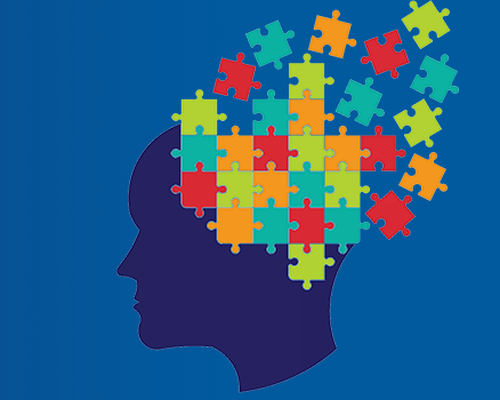The Uncomplicated Family completes International ITEA3 EUREKA Cluster Project
Consortium of international partners led by Canada’s The Uncomplicated Family Corporate Group (TUF) launches Serious mHealth Games and Kids DigiHealth Network
Calgary, ALberta - Over two years of international cooperation and technology investment led by Canadian-based digital health company, The Uncomplicated Family (TUF), has resulted in the successful completion of the Panacea Gaming Platform (PGP), a project organised through the ITEA 3 programme. TUF Founder and CEO, Robyn Woods, will now launch the Serious Gaming platform with the goal of supporting Special Populations and those with disabilities around the world.
TUF was one of the first two companies in Canada to lead a EUREKA Cluster project after Canada joined the pan-European intergovernmental organisation in 2012. The project involved participation of nine partners from four countries (Belgium, Canada, Republic of Korea and Slovenia) across three continents.
“The international collaboration of software developers, researchers, industry leaders, and clinical experts has resulted in long term relationships that will survive well past the completion of the project” said Woods.“We recognised the significant impact we could have on children and families that require effective, evidence-based gaming software to support their development, so we’re elated to finally be here,” added Woods.
Kids DigiHealth Network
As a result of three years of international collaboration, the PGP consortium has established a non-profit organisation that aims to improve quality of health games and gamified apps on a global level by offering new development, testing and collaboration tools to the industry. The new organisation, called Kids DigiHealth Network (KDHN), will serve worldwide technological innovation activities under this name.
KDHN will act as a trusted voice and will use advanced technology and state-of-the-art methodologies to provide the best and most effective tech recommendations for those who would benefit from digital therapies. It will also offer a stakeholder/business matchmaking system to improve collaboration in healthcare and software industries and create new opportunities in these ecosystems.
Research and Development Support
Since 2016, advisory services and funding from the National Research Council of Canada Industrial Research Assistance Program (NRC IRAP) have played a significant role in supporting the project.
“We owe a great deal of gratitude to NRC IRAP for investing in us, allowing us to undertake this collaborative research and development project, and helping bring our vision forward,” said Woods.


